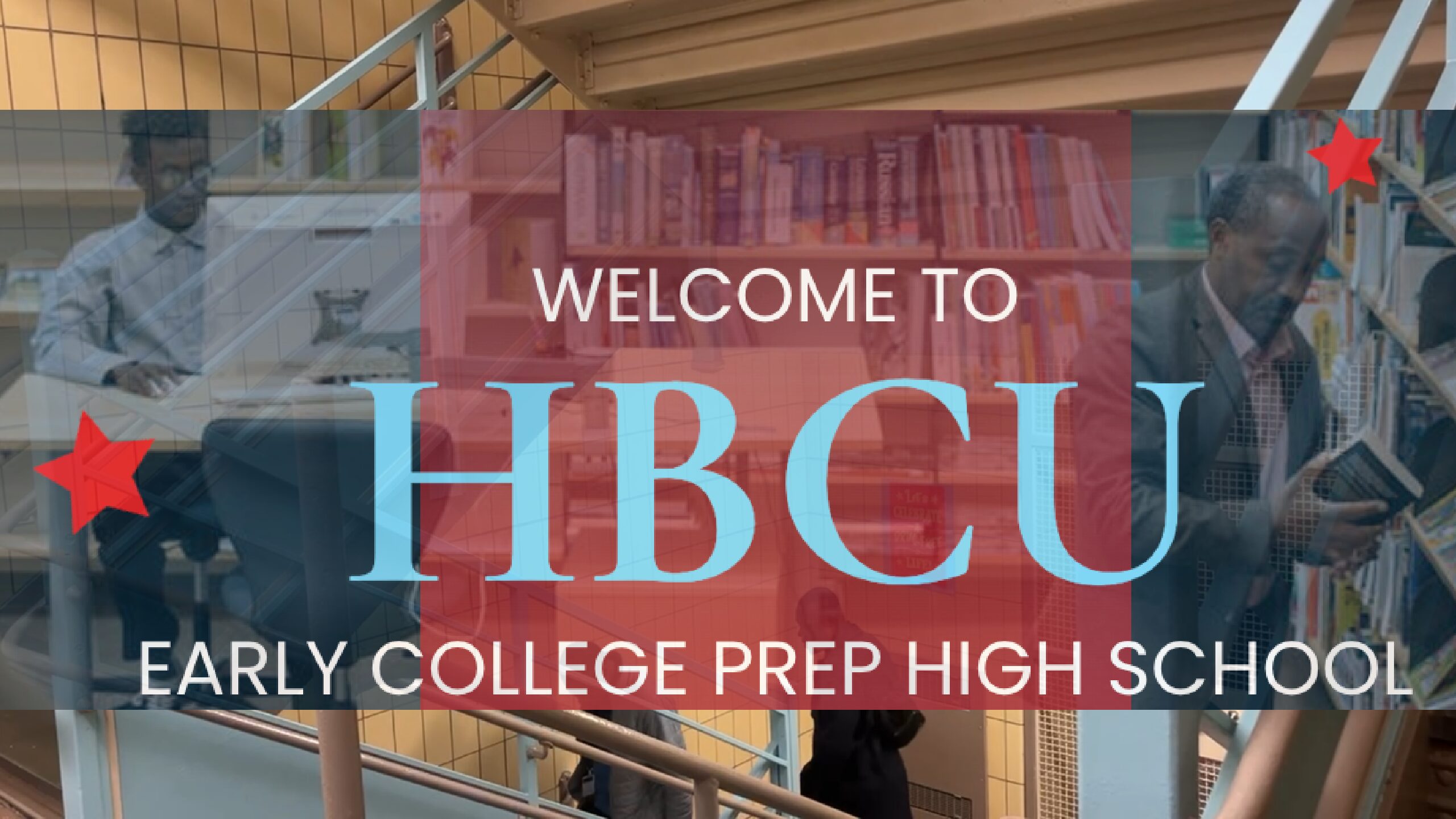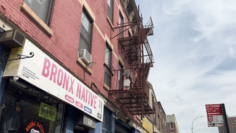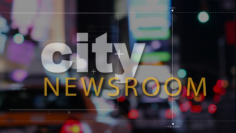As diversity, equity, and inclusion (DEI) policies face renewed political backlash, the Coalition for Asian American Children and Families (CACF) is standing firm. “We don’t feel a need to scrub anything or remove anything from our work,” said Vanessa Leung, co-executive director of the CACF.
Leung leads one of the few pan-Asian advocacy organizations in New York City, serving a fast-growing and diverse population that she says remains largely invisible to policymakers, despite making nearly 15% of all New Yorkers
“There’s a really clear level of invisibility of our community,” she said in a wide-ranging interview with City Newsroom on March 5, pointing to the tendency to lump together all Asian ethnicities despite vast differences in language, class, and immigration history.
“We are clearly not a monolith,” Leung said. “we’re also not a monolith on where we land on the political spectrum”
The non-profit organization remains focused on creating a stronger and more visible Asian American community in New York. That work includes a large-scale campaign to improve data gathering for this community. “We are under this broad category of ‘Asian,’ which really erases the differences,” she said, adding that the lack of reliable data makes it harder to hold government accountable.
Asked about growing support for President Donald Trump among segments of the Asian American and Pacific Islander (AAPI) community, Leung cautioned against overgeneralizing.
She attributed some of the political shift to fear and misinformation, particularly among immigrants exposed to disinformation via messaging platforms like WhatsApp. “It’s really easy to move people into motion when people are afraid of losing what little they have,” she said.
Despite threats to DEI initiatives at the federal level, CACF has not backed down. Unlike other organizations, the coalition doesn’t get any federal funding, according to Leung. “We’re not going to shy away from our mission and our values.”
On education policy, Leung criticized the rollout of former Mayor Bill de Blasio’s failed attempt to change admissions at New York City’s specialized high schools as being “not strategic.” White and Asian students traditionally take the majority of seats at these competitive schools, leaving Black and Latino kids underrepresented. The initiative focused on phasing out the Specialized High Schools Admissions Test (SHSAT) and admitting students based on their academic performance in middle school. The State Legislature didn’t accept de Blasio’s proposal, after pushback from Asian American parents.
Leung believes the perception of prestige in certain schools sends the wrong message. “The popular perception, at least, is that if you don’t get into [a competitive] school, you’re getting a lower quality education,” she said. “That should not be the case.”
As a mother of three, she made the choice not to send her children to their zoned elementary school after hearing that test prep began in second grade. “I didn’t want my kids to be in a space where people were teaching to the test,” she said. Instead, her older children attend a large public high school with an International Baccalaureate program.
She also questioned the “model minority” narrative often imposed on AAPI students. “[It] really dehumanizes our students into scores, test scores, and not their full experience,” pushing some to say, “‘if you’re a model minority, then all the other minorities, why can’t they do it If you’re able to do it’”
Leung expressed empathy for new immigrant parents in particular, but she invited them to think of success in terms individually tailored to the student. Rather than focusing on a perfect GPA or prestigious high school diploma, she asked parents and students to consider, “What more is needed for a young person to be successful?”
Much of CACF’s work now focuses on building coalitions and educating youth and families. The group has over 90 member organizations and provides support in areas such as language access, public education, and immigrant rights. “Our role is creating that space to engage in hard conversations,” Leung said.
She describes CACF as both “troublemakers” and “troubleshooters,” navigating the demands of advocacy while pushing for long-term systemic change.
“Our hopes are that we have principled leaders in New York State and New York City that see the benefits of the work that is happening,” Leung said.









